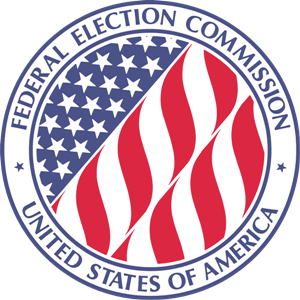 The Washington Post reports today: “The Senate failed Monday to advance legislation that would require independent groups to disclose the names of contributors who give more than $10,000 to independent groups for use in political campaigns.”
The Washington Post reports today: “The Senate failed Monday to advance legislation that would require independent groups to disclose the names of contributors who give more than $10,000 to independent groups for use in political campaigns.”
The just-published piece “Revealed: Key Files on Big Ticket Political Donations Vanish at the Federal Election Commission” by Thomas Ferguson, Paul Jorgensen, and Jie Chen states: “We have discovered that sometime after January of this year, the FEC deleted a whole set of contributions totaling millions of dollars made during the 2007-2008 election cycle. The most important of these files concern what is now called ‘dark money’ — funds donated to ostensible charities or public interest groups rather than parties. These non-profit groups — which Washington insiders often refer to generically as ‘501(c)s,’ after the section of the federal tax code regulating them — use the money to pay for allegedly educational ‘independent’ ads that run outside conventional campaign channels. Such funding has now developed into a gigantic channel for evading disclosure of the donors’ identities and is acutely controversial. In 2008, however, a substantial number of contributions to such 501(c)s made it into the FEC database. For the agency quietly to remove them almost four years later with no public comment is scandalous. It flouts the agency’s legal mandate to track political money and mocks the whole spirit of what the FEC was set up to do. …
“We are on the outside looking in. We cannot say for sure who decided to make the deletions or why. But one fact is telling: the missing files include essentially all those of one type in particular — donors to the so-called ‘501(c) 4’ ‘charitable’ organizations now in the eye of the storm over dark money.”
Ferguson said today that “It’s ironic that this article came out on the day that an effort to force disclosure of secret funds failed in the Senate.” Jorgensen observed that “campaign finance regulation is weak as it is; it’s vital that the FEC rapidly take steps to fix the situation we discovered.”
THOMAS FERGUSON, thomas.ferguson at umb.edu
Ferguson is professor of political science at the University of Massachusetts, Boston, senior fellow of the Roosevelt Institute, and contributing editor at AlterNet.
PAUL JORGENSEN, pjorgensen at ethics.harvard.edu
Jorgensen is a Fellow at the Edmond J. Safra Center for Ethics at Harvard University.